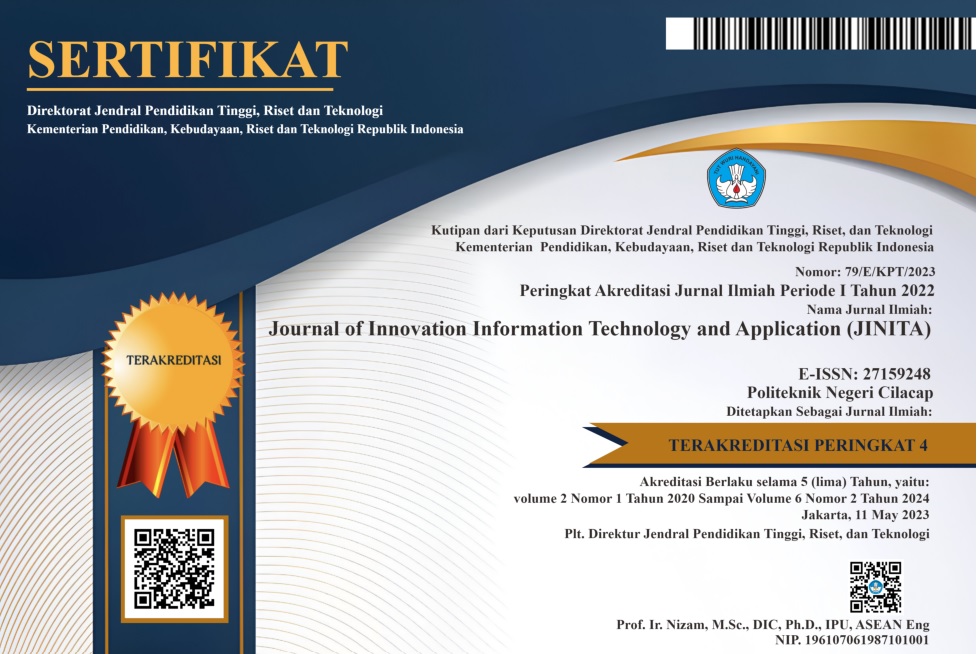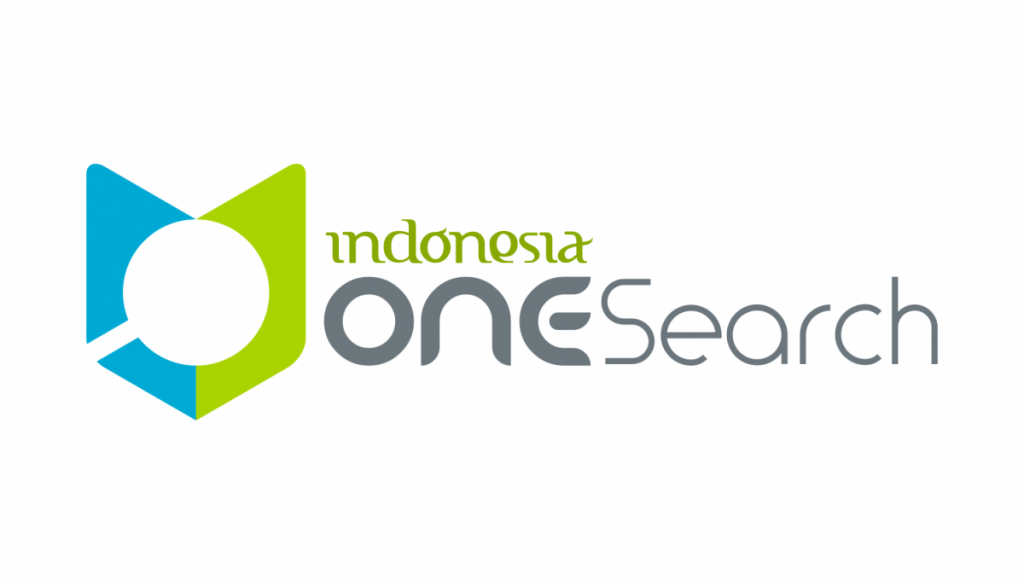Aplikasi Tes Jenis Kepribadian Berbasis Android menggunakan Metode MBTI dan DISC
 Abstract views: 248
,
Abstract views: 248
,
 PDF (Bahasa Indonesia) downloads: 221
PDF (Bahasa Indonesia) downloads: 221
Abstract
Personality is basically owned by everyone and is different from one another. People always want to know about themselves, how and where their interests and needs are. This is one of the reasons why individual personality tests are conducted. Personality test is a set of test tools designed to describe how someone behaves. The method used by psychologists to determine the personality type of an individual is the Myers-Briggs Type Indicator method or commonly called the MBTI test, this test is used to determine the types of human personality. Personality tests besides MBTI, personality tests that are usually used to determine a person's personality type are the DISC (Dominance Influence Steadiness, Conscientiousness) test and also the Four Personality test which includes Sanguinist, Chronic, Melancholic and Plegmatic personality types. These three tests are used and chosen because they are the most widely used tests worldwide for determining human personality. The results of this research will be able to form a system that can help determine the type of human personality using the MBTI and DISC methods
Copyright (c) 2021 Journal of Innovation Information Technology and Application (JINITA)

This work is licensed under a Creative Commons Attribution 4.0 International License.
Authors who publish with this journal agree to the following terms:
- Authors retain copyright and grant the journal right of first publication with the work simultaneously licensed under a Creative Commons Attribution License that allows others to share the work with an acknowledgement of the work's authorship and initial publication in this journal.
- Authors are able to enter into separate, additional contractual arrangements for the non-exclusive distribution of the journal's published version of the work (e.g., post it to an institutional repository or publish it in a book), with an acknowledgement of its initial publication in this journal.
- Authors are permitted and encouraged to post their work online (e.g., in institutional repositories or on their website) prior to and during the submission process, as it can lead to productive exchanges, as well as earlier and greater citation of published work (See The Effect of Open Access).
















